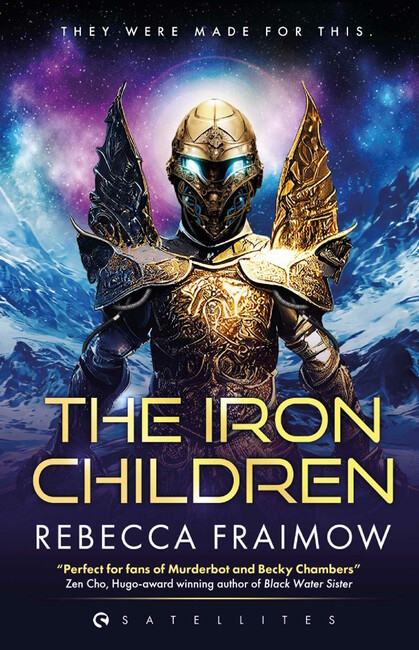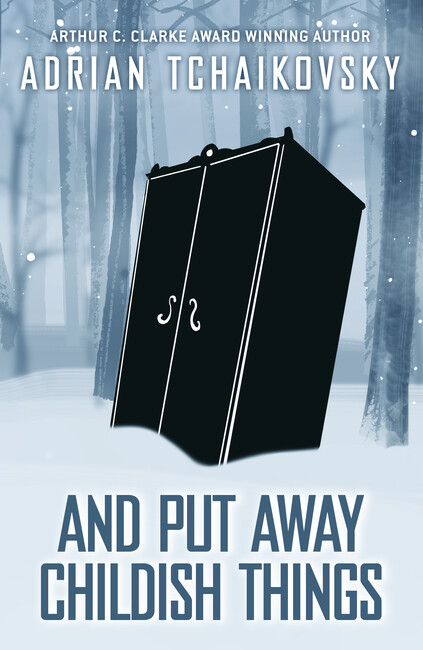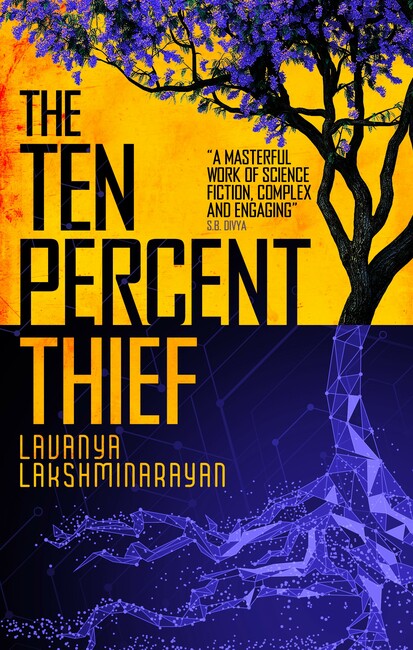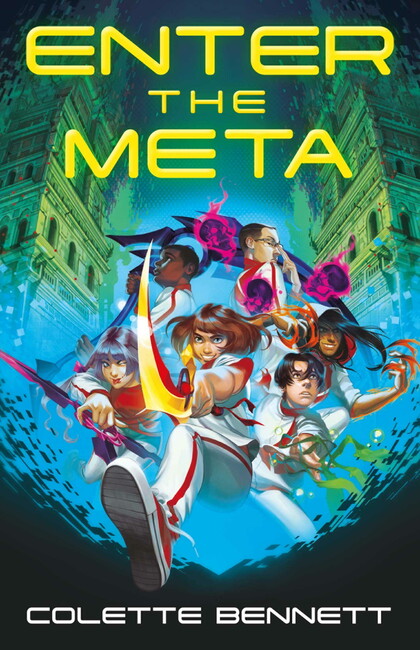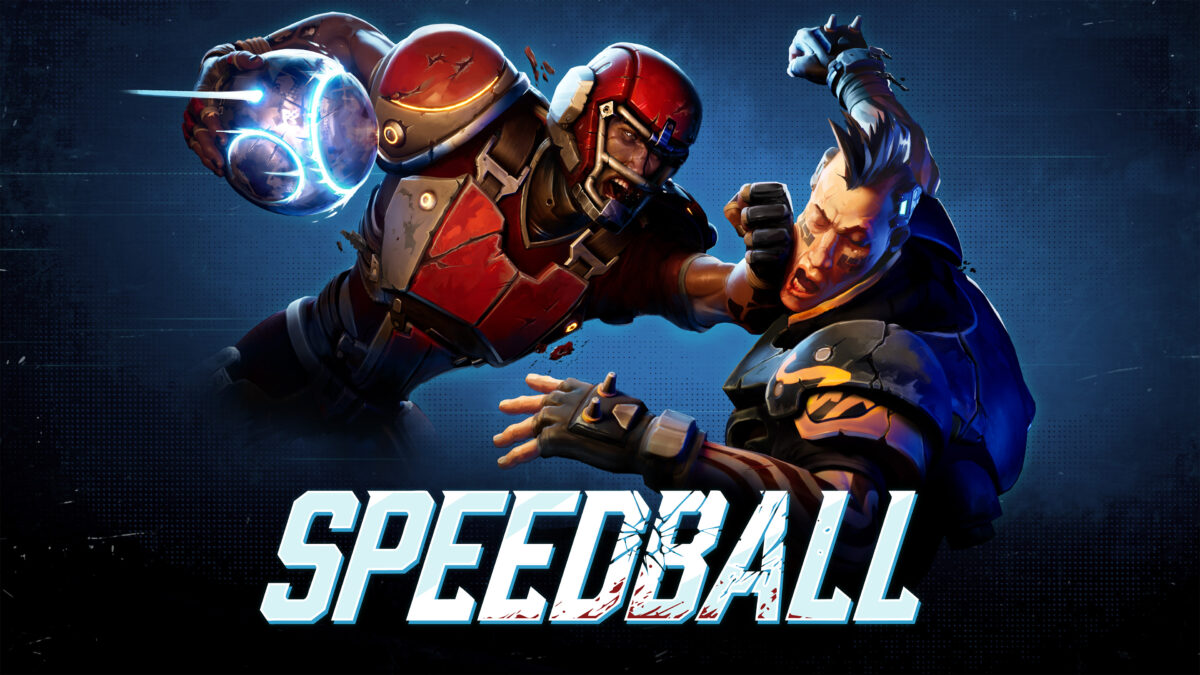Jason Kingsley on Self-Publishing (Part 1)
13th May 2015
When it hit stores in March, Zombie Army Trilogy became the first console game Rebellion had ever self-published in its long history. This was a huge and exciting decision for us, but as our CEO Jason Kingsley explains in this piece (originally published on MCV), it was one we came to after a whole lot of thought.
There are advantages and disadvantages to developers self-publishing.
The complex decision as to whether we should self-publish happened over an extended period of time and a series of long conversations. Ultimately, the decision will depend on the weight each different studio gives the risks and rewards.
Basically, it will depend on how deep your pockets are, how confident you are in your game-making and scheduling skills, and where your company is in its employee structure. Publishing is not easy, nor is development, and each discipline has its own set of skills. I’d encourage any budding developer-publisher to think over their own situation carefully.
Here are the key questions I would recommend addressing:
How strong is your cash flow and project pipeline?
Working with a publisher can provide a solid underpinning for a game development business, as long as you have steady flow of projects with minimal downtime in-between and a publisher that is financially stable.
Gaps in the production pipeline mean an interruption of cash flow, which needs to be planned for and, if unexpected, can be deadly for any business. Hitting development milestones on time, as agreed with your publisher, is also essential; if you miss them repeatedly, it’s likely you won’t get paid.
We were in a fortunate position; we own our own IP and have multiple sources of revenue, plus expert teams who make great games again and again to deadlines. As such, we’re well positioned to take advantage of the increasing options available to those looking to self-publish.
Do you have the capacity and capability to pick up the publishing workload?
When you self-publish there are a lot more tasks you have to take on, such as approvals, retail and platform-owner negotiations and packaging design. In addition, there’s marketing, PR and community management.
This is easier for purely digital PC releases. Digital-only removes the complexity and scheduling hassles of the physical manufacture of discs and boxes, and also means you don’t have to manage approvals, age ratings, distribution schedules and inventory – it’s just a case of getting the message out there and hoping people download your game.
After analysing how the workload is or has been historically split between you and your publisher, if you find you have been doing much of the publisher-side tasks yourself already, and already have the staff and knowledge – or can cost-effectively hire them – then it may make sense to consider self-publishing.
How strong is your business track record and experience?
Publishers always take a risk when they back a developer, just as you are taking a risk in backing yourself. Ultimately the decision whether to self-publish or not comes down to a balancing of risk versus reward.
By choosing to self-publish Zombie Army Trilogy, Rebellion added more risk to the project, as nobody else was paying us to do the work; crucially, though, we think it’s risk we can control.
It’s still just as essential to set dates and stick to them, otherwise you risk letting your ‘increased freedom’ cost you more in expensive delays.
Data is also a benefit. With work-for-hire, the feedback on how your game is performing can take many months, if not years – especially when it comes to physical retail. By self-publishing, you can see on a daily basis what revenue is coming in, and what you’ll be receiving in the future, allowing you to manage post-launch investment in terms of game updates and marketing.
Self-publishing is an exciting new direction for Rebellion. We’re keeping our fingers firmly crossed, and I look forward to sharing more of the experience as we progress towards the launch of Zombie Army Trilogy – and beyond.
Look out for more from Jason’s series on self-publishing in the coming days, right here on the Rebellion blog. And be sure to follow him on Twitter: @RebellionJason






